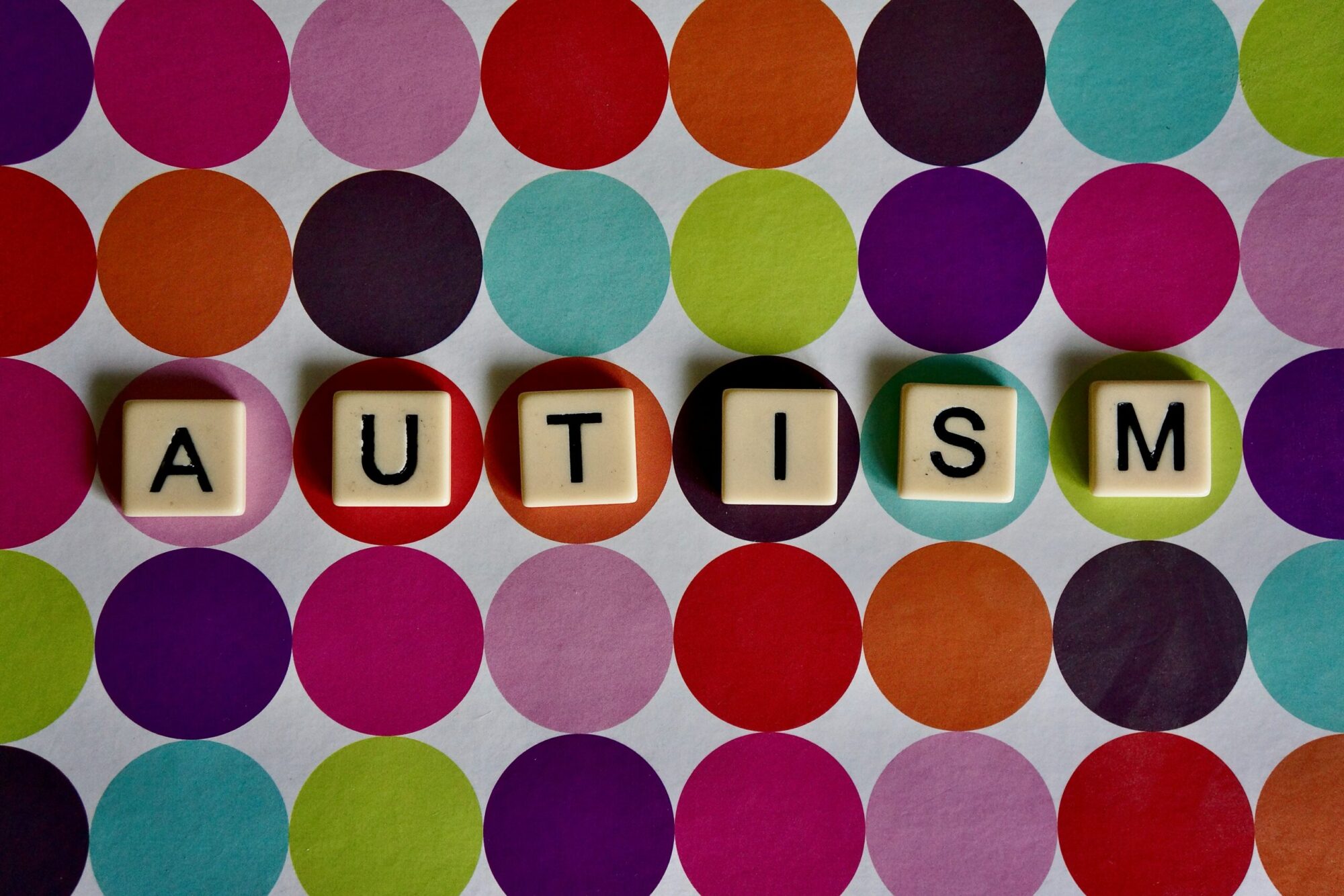
A Comprehensive Guide to Diagnosis, Prognosis, and Support
Autism Spectrum Disorder (ASD) is more than a medical diagnosis—it’s a unique lens through which individuals experience the world. As a neurodevelopmental condition, ASD impacts millions globally, presenting with a broad range of strengths and challenges. While some individuals may exhibit only subtle differences in communication or behavior, others may require extensive support across their lifetime.
Autism is not a flaw—it’s a difference. And recognizing this difference is the first step toward building a more inclusive, compassionate society.
Michael’s Journey: A Case Study in Progress and Possibility
Meet Michael. Diagnosed with autism at age three, Michael’s early signs included delayed speech, hand-flapping, and intense sensitivity to noise. At preschool, group play and noisy classrooms were sources of anxiety. Thanks to early and consistent intervention—including speech therapy, occupational therapy, and medication to ease anxiety—Michael now thrives in a specialized school setting. He’s making meaningful social connections and progressing academically.
Michael’s story is a testament to the transformative power of timely, personalized care. Every small step forward is a triumph worth celebrating.
Core Features of Autism Spectrum Disorder
According to the DSM-5, ASD is defined by two primary clusters of symptoms:
1. Social Communication and Interaction Challenges
- Difficulties in conversation and reciprocity: Individuals with ASD may find casual conversations confusing or unnecessary.
- Nonverbal communication struggles: Reading facial expressions, tone of voice, or body language can be like decoding a foreign language.
- Difficulty forming age-appropriate relationships: Navigating social dynamics may require more support and patience.
2. Restricted, Repetitive Behaviors and Interests
- Repetitive movements or speech patterns: This might include echolalia (repeating words/phrases), rocking, or flapping hands.
- Insistence on sameness: Routine can bring comfort. Even minor changes may cause distress.
- Special interests: Deep, focused interests—whether in train schedules or astronomy—are common and can be leveraged for learning.
- Sensory sensitivities: Some may be hyper-sensitive to sounds, textures, or lights, while others may seek sensory input.
These traits typically appear in early childhood and affect daily functioning in varying degrees.
The Spectrum of Prognosis: What the Future Holds
Autism is not a one-size-fits-all condition—prognosis varies based on individual needs, strengths, and access to resources.
Mild to Moderate Cases:
With early intervention and support, individuals often lead independent or semi-independent lives. They may excel in fields aligned with their strengths, such as technology, music, art, or engineering. Many develop meaningful friendships and professional success.
Severe Cases:
Those with profound challenges—such as being nonverbal or having co-occurring intellectual disabilities—may require lifelong assistance. In such cases, coordinated care from educational, medical, and community services is essential.
Long-term planning is key. This includes transitions to adulthood, vocational training, supported employment, residential options, and access to mental health care.
Understanding the Causes: A Complex Interplay
While no single cause of autism has been identified, research points to a combination of genetic and environmental influences:
- Genetic Factors: Multiple genes appear to be involved in brain development and function. Some cases are linked to known genetic conditions (e.g., Fragile X syndrome).
- Environmental Influences: Advanced parental age, complications during birth, or prenatal exposure to toxins may increase risk.
What doesn’t cause autism? Vaccines and parenting style—these are outdated myths that have been thoroughly debunked.
Evidence-Based Interventions: Building the Foundation for Growth
There is no cure for autism, but there are highly effective, evidence-based approaches that help individuals reach their full potential.
Therapeutic Interventions
- Applied Behavior Analysis (ABA): Teaches social, communication, and daily living skills through structured reinforcement.
- Speech and Language Therapy: Supports expressive and receptive communication, including nonverbal alternatives (e.g., PECS, AAC devices).
- Occupational Therapy: Focuses on fine motor skills, sensory integration, and daily routines like dressing or feeding.
Pharmacological Management
Medication can help manage co-occurring conditions such as anxiety, ADHD, irritability, or sleep disturbances:
- Risperidone (Risperdal): FDA-approved for aggression and irritability in children with autism.
- Aripiprazole (Abilify): Similar applications; weight gain is a common side effect.
- SSRIs (e.g., fluoxetine): Often prescribed for anxiety or obsessive-compulsive traits.
- Stimulants (e.g., methylphenidate): Effective for ADHD symptoms but may affect sleep and appetite.
- Melatonin: A natural option for managing insomnia, common in individuals with ASD.
Why Early Diagnosis Matters
Developmental screenings at 18 and 24 months can catch early red flags. Comprehensive diagnostic evaluations—often involving pediatricians, psychologists, and speech/language pathologists—lay the groundwork for individualized treatment plans.
Early intervention is not just beneficial—it’s crucial. The earlier a child receives support, the better their long-term developmental outcomes.
Building a Supportive Environment
Creating a nurturing environment requires collaboration across family, school, and community.
- Educate and Advocate: Awareness is the antidote to stigma. Schools, workplaces, and communities thrive when inclusive practices are embraced.
- Caregiver Support: Caregivers face emotional, physical, and financial stress. Self-care, respite care, and peer support are vital.
- Community Inclusion: Celebrate neurodiversity. Foster friendships, include ASD individuals in recreational programs, and provide mentorship.
Resources for Families and Individuals with Autism
Here are some trusted organizations offering education, advocacy, and direct support:
- Autism Speaks – www.autismspeaks.org: Offers toolkits, local service directories, and advocacy initiatives.
- Autistic Self Advocacy Network (ASAN) – www.autisticadvocacy.org: A nonprofit run by and for autistic individuals focused on civil rights and neurodiversity.
- CDC – Learn the Signs. Act Early – www.cdc.gov/ncbddd/actearly: Developmental milestone tracking and early screening tools.
- National Autism Association – www.nationalautismassociation.org: Offers safety resources, crisis help, and family grants.
- Understood.org – www.understood.org: Support for learning and attention differences, including autism.
Local support groups, early intervention programs, and online forums like Reddit’s r/AutismParenting or MyAutismTeam can also be helpful.
Always remember, while online forums and social media groups can provide valuable peer support and shared experiences, it’s important to always verify medical or treatment advice with a qualified healthcare professional to ensure accuracy and safety.
How Joyspring Health & Recovery Can Help
At Joyspring Health & Recovery, we offer compassionate, personalized care to individuals on the autism spectrum. Our services include:
- Comprehensive psychiatric evaluations
- Medication management tailored to individual needs
- Collaborative care with therapists and pediatricians
You are not alone. Whether you’re navigating a new diagnosis or managing long-term care, we’re here to walk with you every step of the way.
Final Thoughts: Embracing the Spectrum
Autism is not a tragedy—it’s a different way of being. With understanding, early intervention, and community support, individuals with ASD can lead fulfilling, meaningful lives. Let’s move beyond awareness to acceptance, and from acceptance to celebration.
“Different, not less.” – Temple Grandin
Disclaimer: This blog post is for informational purposes only and is not intended as a substitute for professional medical advice. Please consult Joyspring Health & Recovery for individualized psychiatric services.







Very good
Awesome
Very good
Very good
Good
Awesome
Very good
Very good
Good
Very good
Awesome
Good
Very good
Good
Awesome
Very good
Very good
Awesome
Good
Awesome
Very good
Awesome